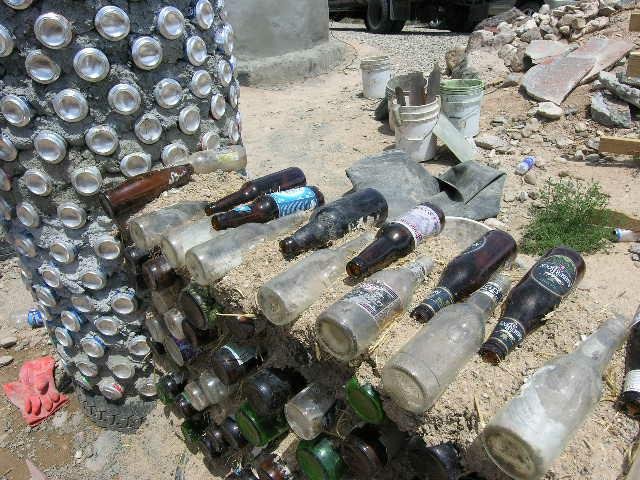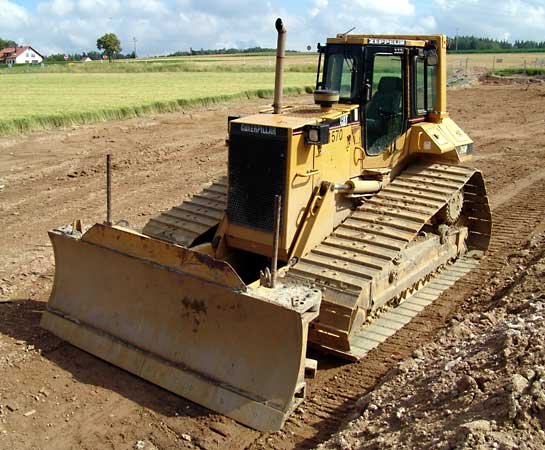Cryptocurrency Towns, Part 1: Getting Started
Once we have established our Town Based Currencies, we will begin setting up Solar Powered Mining Machines. Which will allow for people to generate Income for Free. If there is a town where every house uses the Sun and Alternators/Generators Powered by Solar Panels, then just as an example, 25,000 people living in a Town with Alternators and Generators and Solar Panels, could probably outmine every existing Bitcoin/Litecoin/Ethereum Farm.
Here is a small town in Teaxs called Lowry Crossing, that can teach you about how Towns are made
http://www.lowrycrossingtexas.org/about/
A “PAC” or “Political Action Committee” is the groups that put the Ads on TV for Presidents. Governors, Mayors, etc etc etc. When a commercial comes on and a politician is on at the end saying “I support this Ad” that Ad was made by a PAC. Or when it says “Call Senator X and tell him to stop being a meany” that Ad was probably paid for by a PAC.
The way a PAC makes money is by putting out Ads that lead people to their website at the end for donations, or offer bumper stickers and sell campaign posters. You can also accept donations as a PAC.
Here is some random information that can help anyone that lives in or is coming to America, it is not legal advice:
Not many people know this, but being a Mayor, Judge or Sheriff usually has NO REQUIREMENTS except to win an election and be a certain age. I have seen people win elections in small towns won with people holding “Honk if You’re Voting for X” signs on a busy corner. And becoming a notary or suggesting that people who need jobs become notaries can be very helpful. Being able to notarize documents opens up a lot of doors in business and law. According to law, any notarized document that goes unchallenged, is truth.
Things like Twitter and Facebook have also become important to campaigning.
Here is how to get a political organization (PAC) started
http://www.fec.gov/ans/answers_pac.shtml
Here is the best way to get a Visa for someone
http://en.wikipedia.org/wiki/O_visa
https://en.wikipedia.org/wiki/R-1_visa
The Supreme court ruled in 1968 that a taxpayer has legal standing to sue the government for misuse of tax funds.
http://en.wikipedia.org/wiki/Flast_v._Cohen
And spreading literature is protected speech
http://en.wikipedia.org/wiki/Martin_v._Struthers
I don’t remember the exact acreage, but I think I remember that the minimum for a town is 6 Acres, and the approval of either the County the land is on, or a Vote from the people in the Town that is splitting. A Town needs a Constitution or Town Charter.
One of the first priorities would be to buy or rent a Well Digger, and you would make sure to have the mineral rights of the land so that you can do this, and you can keep any oil or minerals you find. This could be done before the town was even established, you could just buy 6+ Acres and start doing this.
Once there are wells, you would start building housing for anyone that is going to live there. You could make Earthships, or Cob and Adobe houses. Cob is made with Clay and Straw (Canary Reed Grass) it is also Earthquake and Fire resistant and can also be used as a Material to make Earthships. Earthships are houses that are structured with old tires filled with Cement, then built into a house. Earthships are usually built facing the Sun Rise to save on heating, and they usually use Solar Panels for electricity and Rain collection for water, some people also grow plants on top of Earthships and a garden is usually kept inside.
We will use Adobe to make cheap, sturdy frames for the houses to expand on the size of the Earthships. It is similar to cob, and cob can be used as mortar and on the outside and inside to make the walls flat. Cob is fire & Earthquake resistant.
Earthships are built east to west, with the glass facing the sun rise, and usually they try to use the dirt to make a small hill facing the sunset, which is where the rainwater collection chamber usually is. But reading about Cob material, I’m thinking we can just use the sandy ground in certain places, dig until we hit clay or buy some, then grow some canary reed to use as straw (grows very quickly). Then just add water and we can make an extension to each house.
Earthships
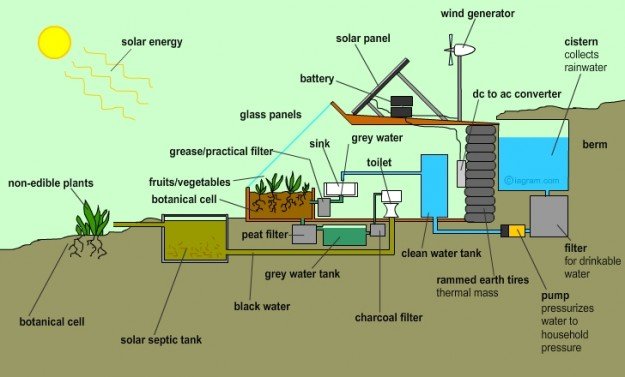
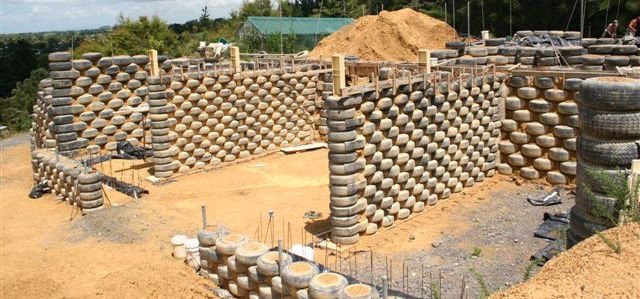
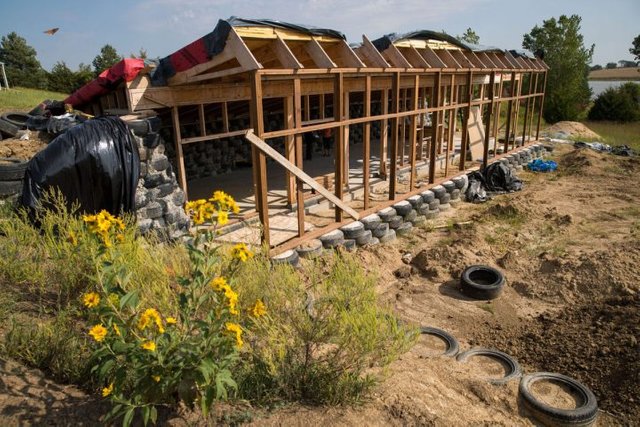
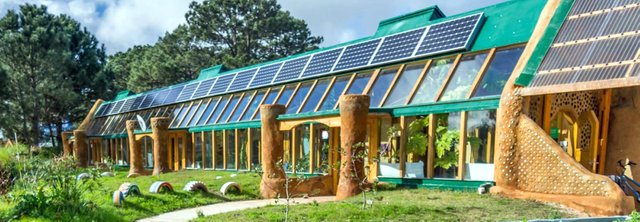
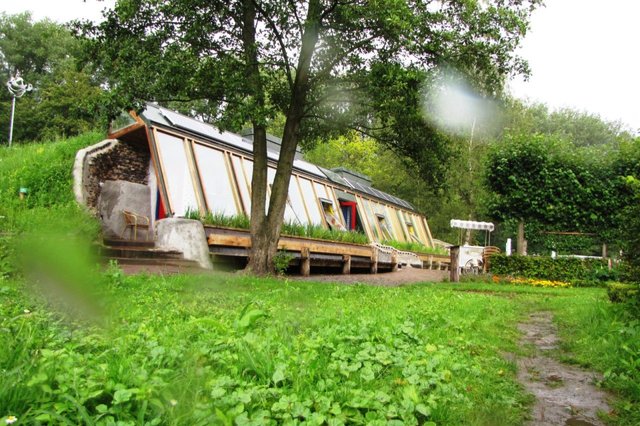

Cob
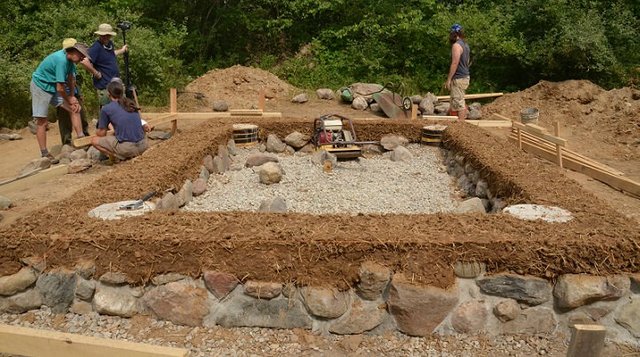
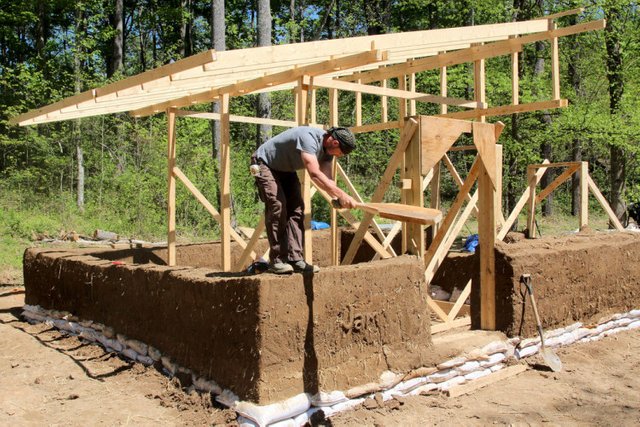
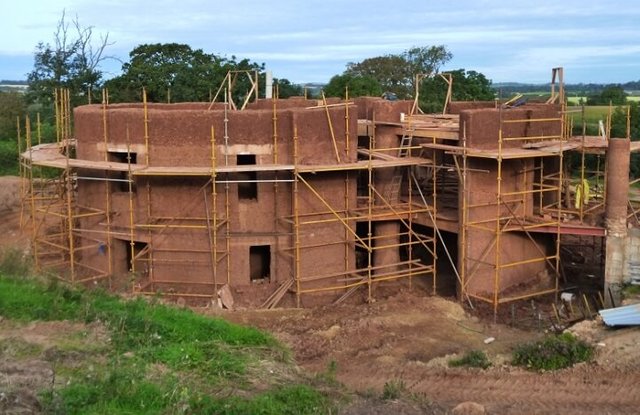
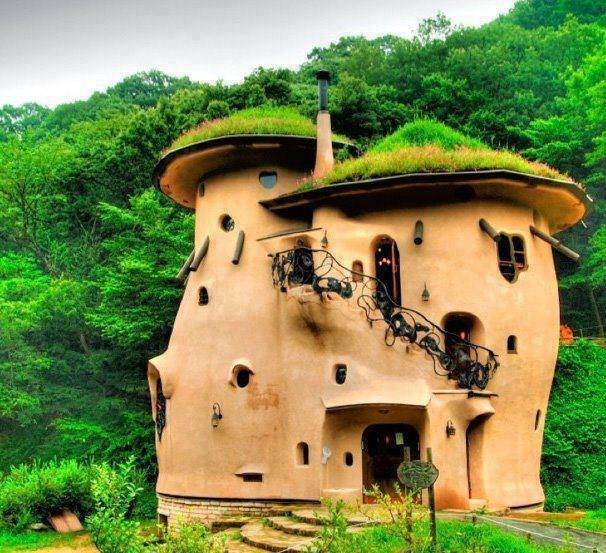
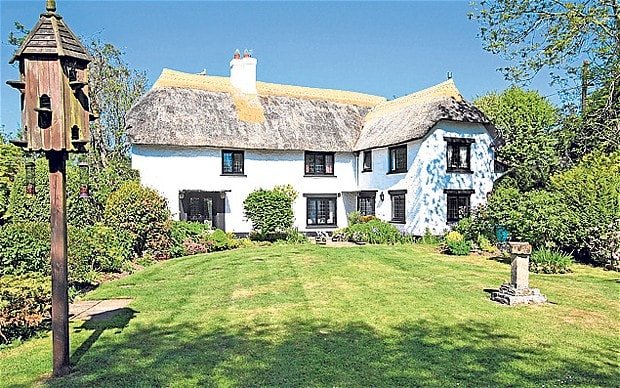
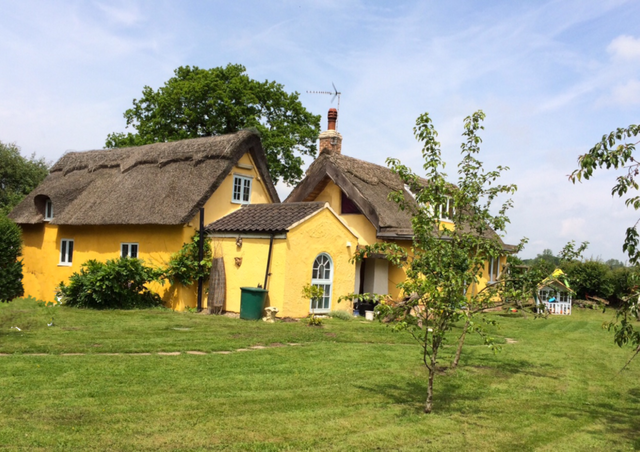
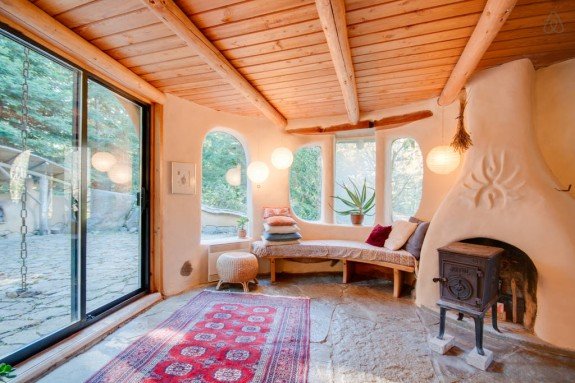
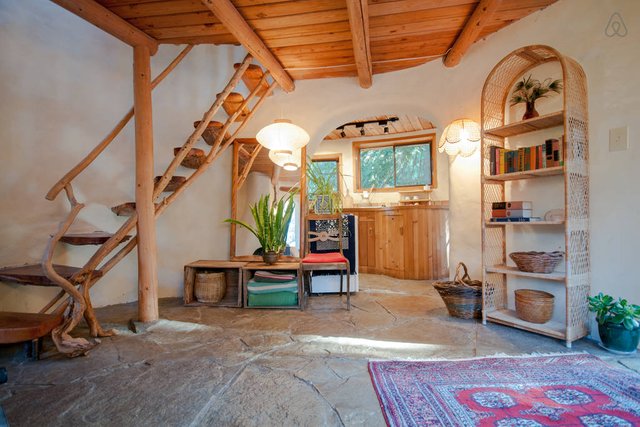
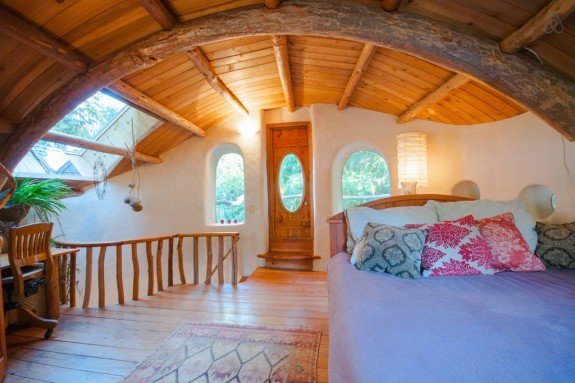
Adobe
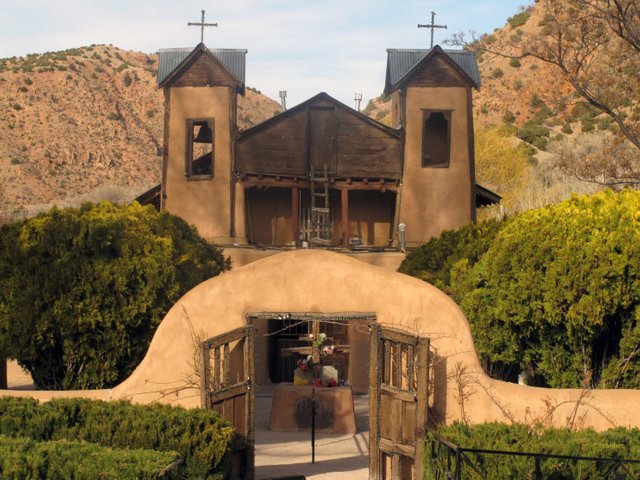
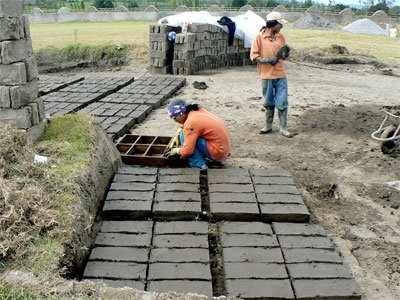
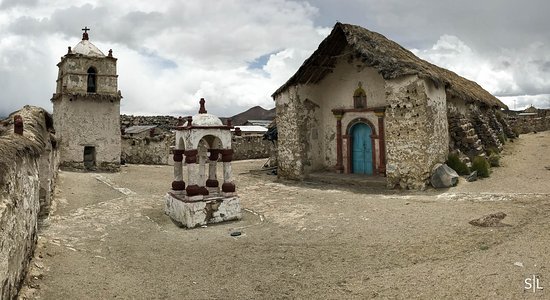
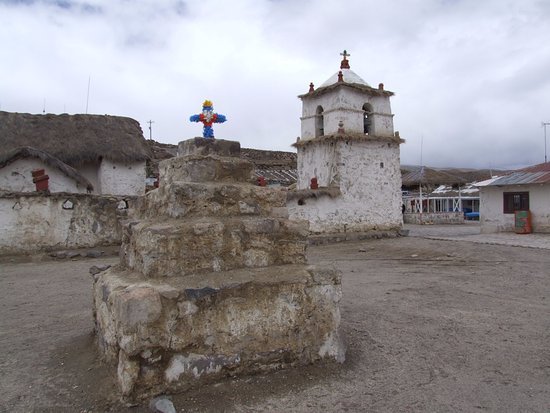
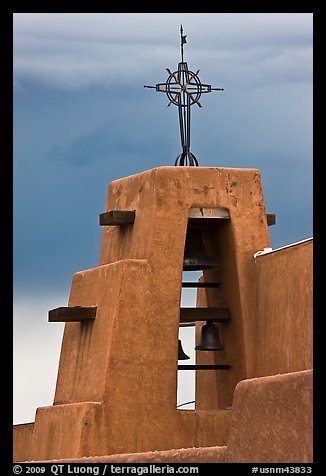
Once there were a few houses and the town founders were all living there, you would start installing plumbing and electricity. Ferrets have been used to run wire through tubes or walls, so Ferets could be a useful pet for any town. You would also probably want to establish an internet connection, which may involve Antennaes and Mesh Networks (LAN based internet) if you are far from any major city.
You may also want to build something like a Geodome for use as a Greenhouse. Depending where you are you can use the land to farm, but having Greenhouses can be useful even if you can farm the land, just because the Greenhouse effect can be very useful on small groups of plants, while farming 100% outdoors is more about keeping it simple. Geodomes make good green houses because their shape allows them to insulate very well. Dried out San Pedro cactus can be used as Fencing (they do this in Mexico). Giant Reed (Sugar Cane) can be grown to make sugar. Chili Peppers could be grown to start a town Hot Sauce brand, etc. There is an Animal called a Guinea Chicken that lays eggs like a regular chicken, but they are a little smaller and a little more cone shaped. They make good guard dogs (even though they are chickens) because they will make noises if they see someone they don’t recognize and they eat ticks & spiders they come across. Dragonflies can be bred to keep other bug populations down. If you grow certain cacti (such as Sanguaro) you can help Bats as they migrate, and if you put up bird houses and duck holes, you can help those species become abundant in the area. The town should also try to start an Orchard/Grove, apples, pears, cherries, Lemons, Limes or any other fruit. Trees can be cut and cloned in order to have an army of trees feeding everyone.
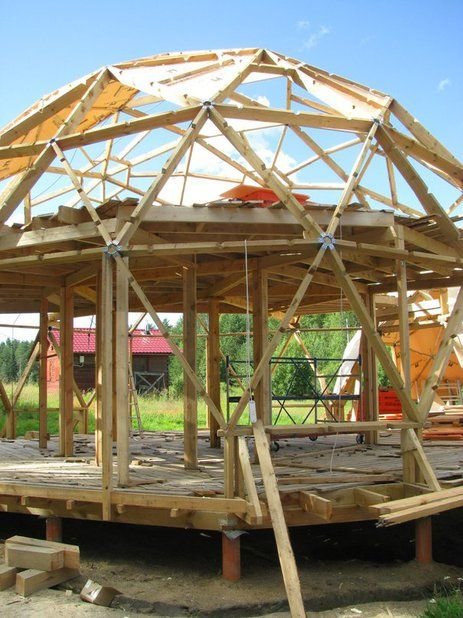
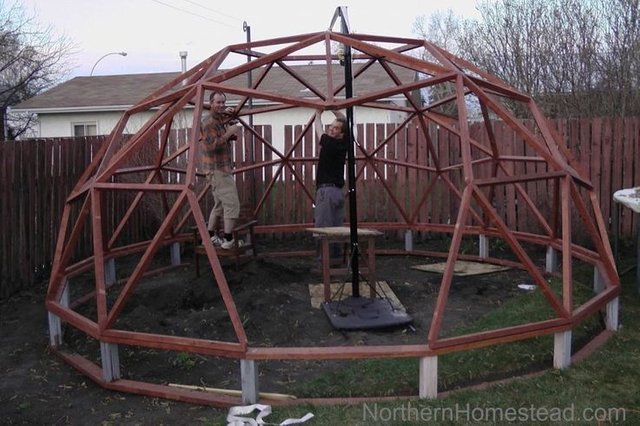
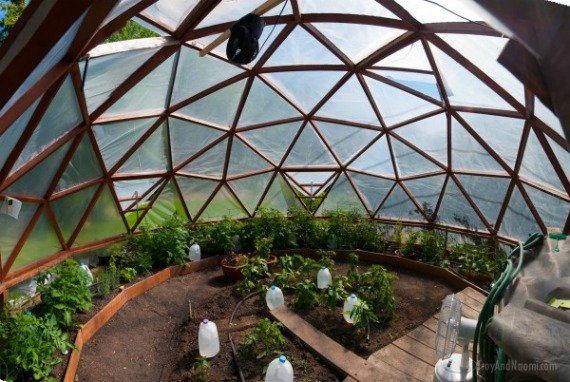
From here you would start trying to build community centers. Such as a Temple, or a Farmers Market (if you make lots, they can even be rented out to people who come visit, here is Canton Texas as an example. It is one big flea market town, that is their economy. And you can even buy Dogs and other animals there, just kind of a “if you build it, they will come” type of thing.) It would also be good to found a Restaurant, Library and a Media Center, so that people can start to outreach on platforms like Youtube. It would also be a good idea for someone to breed dogs and cats so that people can buy pets, as well as for someone to start a pond and a hatchery so that people can fish. Farming rabbits can help make good fertilizer (poop), pets and food.
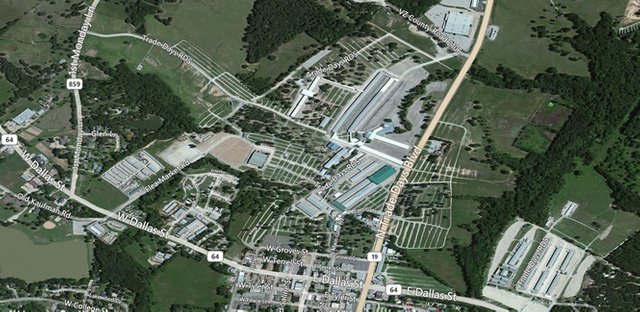
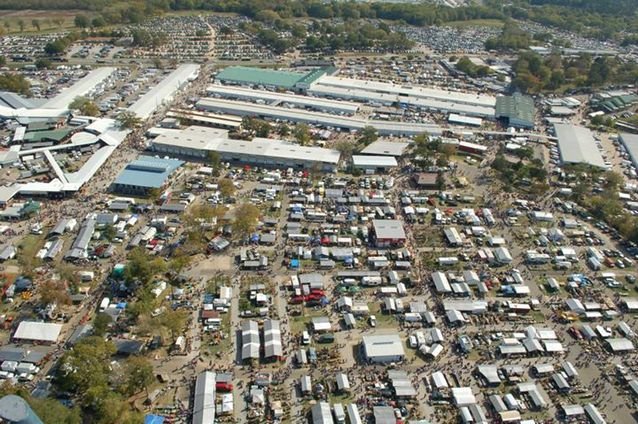
From here you would either try to attract things like Car Dealerships, Gas Stations, Grocery Stores, Hardware stores or people in Town would start founding their own.
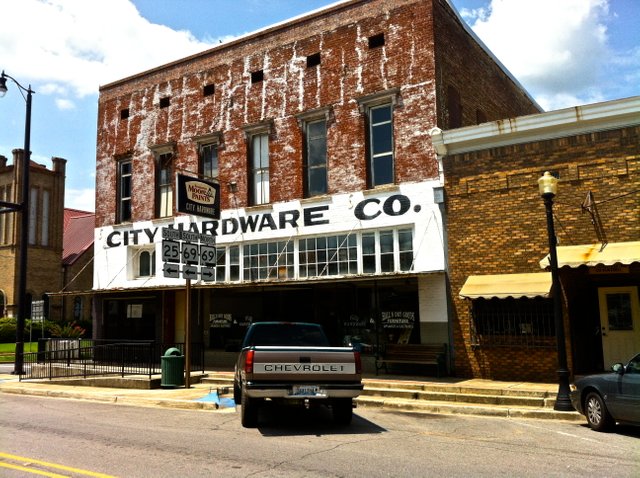
Everyone thinks that the most important Election in America is when we Vote for President, and to a lesser extent when we Vote for Congress. But neither of those really matter. What really matters is who is Sheriff in your town, who is a Judge in your town, who is a District Attorney in your town and if you Create your own Town.
Democracy is not meant to be any harder than forming a Tribe, and democracy is not just meant for Governments. There is supposed to be democracy inside Religious bodies as well as within Political parties themselves.
The voting body or city was known as the “Polis”, and the Center of the Polis was the Agora. In some places the Agora had elaborate temple structures in order to maintain different functions that the groups did there, but when they first started they were usually as simple as an area marked by Stones as a border. The People would gather at the Agora and cast their votes.

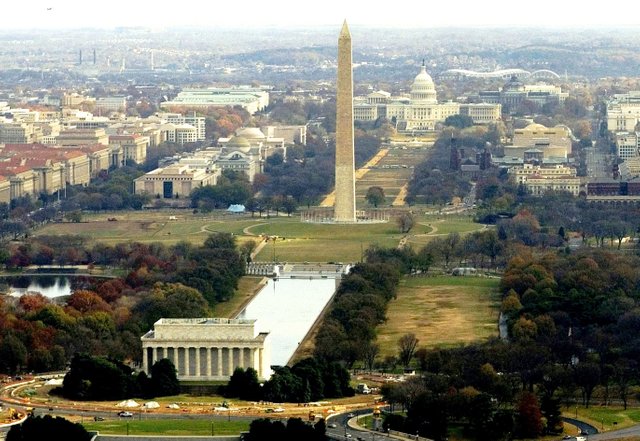
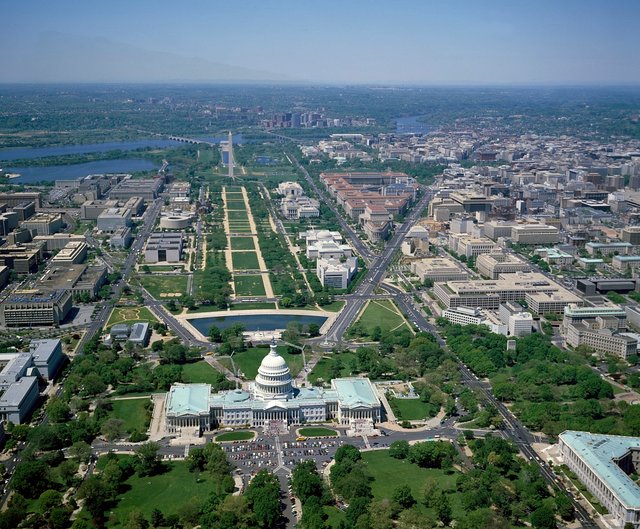
As the Agora was used more and more, and functions were decided, structures would be built along the edges of the Agora, but the center was usually left as a wide open space for people to gather. the buildings they usually built were Court Houses and Town Halls and stuff. Extended Porticoes were sometimes used so that functionality of the space was not lost in bad weather. Sometimes Porticoes were built pretty much as their own structures, with a line of rooms at the back, which could be used as offices. Statues dedicated to different groups would be kept at these places, so that they could all gather in their individual groups or together.
And example is like the 12 Tribes of Israel. 12 Tribes, 1 People. A Federation of ideas.
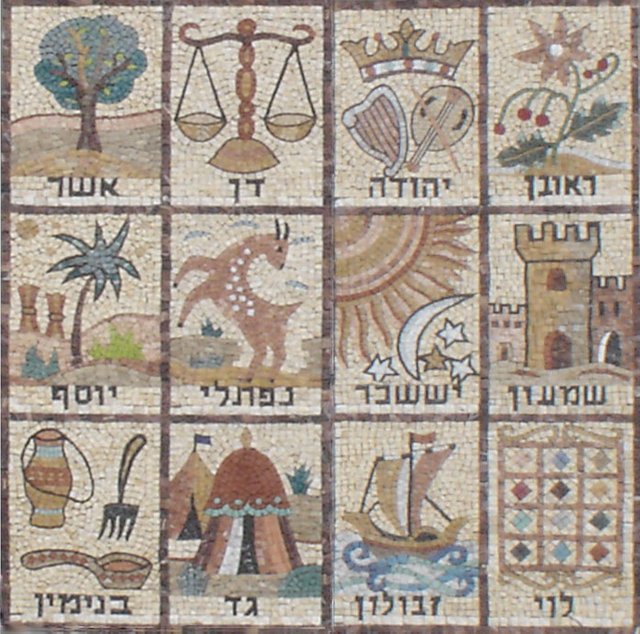
The Polis itself was a larger reflection of the Agora. It would start off as a region of land which a group of people claimed as their own, with Borders such as rivers, mountains, etc. and slowly through the democratic process, groups were formed and projects were started, until farms were growing and cities were booming.
Leagues and Hegemonies operated like the modern United States or EU, or United Nations, in order to get things done between different nations and work together in times of war.
Eventually the Polis itself became Warlike and only eligible military members could vote, this eventually evolved into what is known as the Police, Policia, or the Polis. During Hellenistic times the Polis became a battle between Rich Oligarchs, and poor but armed citizens.
Today we can see most of the Polis and Agoras purpose being utilized in Universities, but not in too many other places.
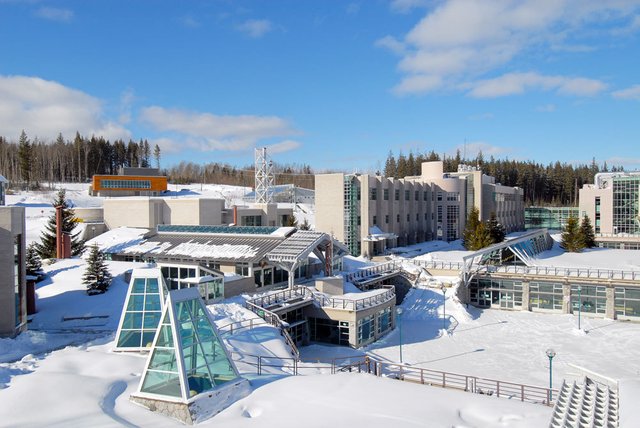
Archive keeping is an important part of Government and Democracy. If people do not have information from past generations, then they can not make decisions for the future, at least not without running in to problems that would have been avoided if they had information about previous generations.
In Ancient Greece the most well kept archives were Law, lists of Public Representatives and the Winners of Sporting events. This is not much different from now, except now there is also the occasional story about someone who saves some animals, or starts a homeless shelter, or has an event, etc. But just like today, other records were kept by more specialized groups. For example, Temples were often a place where you could find archives, since the priests and worshipers would deposit anything important there. It would kind of be like if a church started a library, and asked all their members to donate any books they could that were written about Bible history or written by Historical Priests. Over like 100 years, that Church might actually have a pretty cool collection of stuff, even to non-Christians, it would be kind of like a Musaeum/Library of History.
I personally think that more Temples should be made, and more Archives should be kept. Even if it just happens in people’s houses, there should be people collecting things like: Books written by people in their town, Books written by people in their family, Books written by Historical Figures, Books written in certain time periods, etc.
Most Theater, both Plays and Movies, are based on Greek and Roman Plays. Almost every Combination of Good guy and bad guy in almost any environment was already written about in ancient Greece, a lot of people just change the characters and settings to fit modern or even future events, and then make modern movies. For example. the Movie “Prometheus” is just Greek storytelling in Space. Even when it is not on purpose, most movies copy the story-line of existing Greek dynamics. So for an example, I think it would be cool if people who liked movies collected the plays that started the movies they liked, then found other movies based on those plays and put them all together. How awesome would it be to see the progression of a story all the way from ancient Greek telling to modern Movie “Magic”.
Another example would be for someone who is interested in the modern Military of America, they could collect books written by people in service, then they could go through all the tactics that were used and the stuff that the people went through, and see if they can find other generals through history who used similar tactics, or Books by people who were under generals who used similar tactics, and then if there is ever a military mind that sees that collection in the future, it could effect the way he does things. Since he may learn something about the humanity behind all the tactics.
I am pretty sure you could also start with the books written by the last few modern American presidents, then after reading their books branch off into other areas that you notice while reading their books, and then keep copies of Obama’s executive orders and any things the next few presidents do, and eventually you would have an archive that could definitely be useful to voters.
I have talked to people about the idea of Towns, and it seems like a lot of people think it is some sort of magic Craft to start a town. So here are some classifications and Political possibilities that most people don’t usually think about.
Tribe: Tribes are the societies that exist outside of states. The State is equal to the Greek Polis, with its own sovereignty, and ability to join other states in a Union, League, etc. The people come together at the Agora (Capitol Hill in America) to make decisions, this is the state. Tribes are much more loosely governed. Tribes can be a collection of families, or a collection of religious groups, etc. and usually have some form of leader, either chosen based on the Tribes specialty (the best Hunter, or the best Warrior, or the Best Artisan, or the Oldest, etc).
A Club is a collection of 2 or more people that have come together for some common purpose. A Community is similar, except that is is a looser organization, and usually they just have the same values, not necessarily the same or even similar goals.
A Gang is any group of friends or a family unit that has a leader. For example, if there is a military family who all look up to 1 Grandpa figure who first joined the Military and started a tradition, that is a form of Gang. It is not an Organized Crime Gang, but it is a form of Gang.
Townships are the most basic form of Town. In America there are 2 forms of Townships, a Survey Township and a Civil Township. A Survey Township is just a unit of land that has been measured properly by a Surveyor, a Civil township operates like a County, in some states they are treated like a regular “Incorporation” type town. Civil Townships exist in 20 of the 50 states.
The overall name for Towns, Townships, Villages, Cities, Counties, etc is Municipal Corporation. To establish a town, you need a Town Charter. A Town Charter would be created by/in a State or County Legislature, and the people of that County would Vote for the new Town to be formed. A Town could also Vote to Split.
Villages are smaller than towns, and are not necessarily Incorporated. Depending on the State, a Village can just be a town that has formed with its own Government Body, but a smaller population than a town.
A Town is incorporated and follows State laws to form.
City is really just a big town in most places.
Counties are Administrative divisions designated by a state.
Kyllo v. United States, 533 U.S. 27 (2001), held that the use of a thermal imaging, or FLIR, device from a public vantage point to monitor the radiation of heat from a person’s home was a “search” within the meaning of the Fourth Amendment, and thus required a warrant.
28 USC S 1442
Title II Rule 3
Flast V Cohen
Katz V United States
United States V United States District Court
Riley V California
United States V Guest
Watkins V United States
Buckley V Fitzsimmons
Hanrahan V Hampton
http://m.nsa.gov/about/oig/
https://www.govtrack.us/congress/bills/110/hr6304/text
https://www.washingtonpost.com/news/wonk/wp/2013/06/12/heres-everything-we-know-about-prism-to-date/
https://en.wikipedia.org/wiki/PRISM_(surveillance_program)
https://www.theguardian.com/us-news/2016/mar/08/fbi-changes-privacy-rules-accessing-nsa-prism-data
http://www.vocativ.com/295204/nsa-prism/
http://abcnews.go.com/topics/news/nsa-prism.htm
42 U.S. Code § 1982 – Property rights of citizens
All citizens of the United States shall have the same right, in every State and Territory, as is enjoyed by white citizens thereof to inherit, purchase, lease, sell, hold, and convey real and personal property.
Burwell v. Hobby Lobby, 573 U.S. ___ (2014)
http://www.supremecourt.gov/opinions/13pdf/13-354_olp1.pdf
“It held that the Greens’ businesses are “persons” under RFRA, and that the corporations had established a likelihood of success on their RFRA claim because the contraceptive mandate substantially burdened their exercise of religion and HHS had not demonstrated a compelling interest in enforcing the mandate against them; in the alternative, the court held that HHS had not proved that the mandate was the “least restrictive means” of furthering a compelling governmental interest.
In order to ensure broad protection for religious liberty, RFRA provides that “Government shall not substantially burden a person’s exercise of religion even if the burden results from a rule of general applicability.” §2000bb–1(a).2 If the Government substantially burdens a person’s exercise of religion, under the Act that person is entitled to an exemption from the rule unless the Government “demonstrates that application of the burden to the person—(1) is in furtherance of a compelling governmental interest; and (2) is the least restrictive means of furthering that compelling governmental interest.” §2000bb–1(b)
Following our decision in City of Boerne, Congress passed the Religious Land Use and Institutionalized Persons Act of 2000 (RLUIPA), 114 Stat. 803, 42 U. S. C. §2000cc et seq. That statute, enacted under Congress’s Commerce and Spending Clause powers, imposes the same general test as RFRA but on a more limited category of governmental actions. See Cutter v. Wilkinson, 544 U. S. 709, 715–716 (2005). And, what is most relevant for present purposes, RLUIPA amended RFRA’s definition of the “exercise of religion.” See §2000bb–2(4) (importing RLUIPA definition).
Before RLUIPA, RFRA’s definition made reference to the First Amendment. See §2000bb– 2(4) (1994 ed.) (defining “exercise of religion” as “the exercise of religion under the First Amendment”). In RLUIPA, in an obvious effort to effect a complete separation from First Amendment case law, Congress deleted the reference to the First Amendment and defined the “exercise of religion” to include “any exercise of religion, whether or not compelled by, or central to, a system of religious belief.” §2000cc–5(7)(A). And Congress mandated that this concept “be construed in favor of a broad protection of religious exercise, to the maximum extent permitted by the terms of this chapter and the Constitution.” §2000cc– 3(g).”
Freedom of conscience is the basis of the free exercise clause, and government may not penalize or discriminate against an individual or a group of individuals because of their religious views nor may it compel persons to affirm any particular beliefs.230 Interpretation is complicated, however, by the fact that exercise of religion usually entails ritual or other practices that constitute “conduct” rather than pure “belief.”
Not until the Supreme Court held the religion clauses applicable to the states in the 1940s10 did it have much opportunity to interpret them. But it quickly gave them a broad construction. In Everson v. Board of Education,11 the Court, without dissent on this point, declared that the Establishment Clause forbids not only practices that “aid one religion” or “prefer one religion over another,” but also those that “aid all religions.” With respect to the Free Exercise Clause, it asserted in Wisconsin v. Yoder12 that “only those interests of the highest order and those not otherwise served can overbalance legitimate claims to the free exercise of religion.”
“The Court has struggled to find a neutral course between the two Religion Clauses, both of which are cast in absolute terms, and either of which, if expanded to a logical extreme, would tend to clash with the other.” Walz v. Tax Comm’n, 397 U.S. 668-69 (1970).
Cutter v. Wilkinson 544 U.S. 709 (2005)
https://supreme.justia.com/cases/federal/us/544/03-9877/concur.pdf
Sherbert v. Verner, 374 U.S. 398, 409 (1963). Accord, Thomas v. Review Bd., 450 U.S. 707, 719-20 (1981)
Walz v. Tax Comm’n, 397 U.S. 664 (upholding property tax exemption for religious organizations); Corporation of the Presiding Bishop v. Amos, 483 U.S. 327 (1987) (upholding Civil Rights Act exemption allowing religious institutions to restrict hiring to members of religion); Cutter v. Wilkinson, 544 U.S. 709 (2005) (upholding a provision of the Religious Land Use and Institutionalized Persons Act of 2000 that prohibits governments from imposing a “substantial burden on the religious exercise” of an institutionalized person unless the burden furthers a “compelling governmental interest” and is the “least restrictive means of achieving that interest”); Cutter v. Wilkinson, 544 U.S. 709, 724 (2005) (quoting Corporation of the Presiding Bishop v. Amos, 483 U.S. 327, 338 (1987)); Church of the Lukumi Babalu Aye v. City of Hialeah, 508 U.S. 520 (1993) (law aimed at restricting ritual of a single religious group);
Everson v. Board of Education, 330 U.S. 1, 63
Cantwell v. Connecticut, 310 U.S. 296 (1940)
Zorach v. Clauson, 343 U.S. 306, 317 (1952)
Larson v. Valente, 456 U.S. 228 (1982)
Although the solicitation cases have generally been decided under the free exercise or free speech clauses,205 in one instance the Court, intertwining establishment and free exercise principles, voided a provision in a state charitable solicitations law that required only those religious organizations that received less than half their total contributions from members or affiliated organizations to comply with the registration and reporting sections of the law.206 Applying strict scrutiny equal protection principles, the Court held that by distinguishing between older, well-established churches that had strong membership financial support and newer bodies lacking a contributing constituency or that may favor public solicitation over general reliance on financial support from the members, the statute granted denominational preference forbidden by the Establishment Clause.
Everson v. Board of Education, 330 U.S. 1, 63
A big theme of Religion in the Supreme Court is that once the Government starts regulating Religion, it breaks down the wall between Church and State, which then brings Religion in to school. Both of which are Unconstitutional.
Marbury v. Madison 5 U.S. 137 (1803)
https://supreme.justia.com/cases/federal/us/5/137/
Leary v. United States 395 U.S. 6 (1969)
https://supreme.justia.com/cases/federal/us/395/6/
United States v. Alvarez 567 U.S. ___ (2012)
https://supreme.justia.com/cases/federal/us/567/11-210/
https://supreme.justia.com/cases/federal/us/347/497/case.html
But the concepts of equal protection and due process, both stemming from our American ideal of fairness, are not mutually exclusive. The “equal protection of the laws” is a more explicit safeguard of prohibited unfairness than “due process of law,” and therefore we do not imply that the two are always interchangeable phrases. But, as this Court has recognized, discrimination may be so unjustifiable as to be violative of due process.
Thomas Jefferson
Notes on Locke and Shaftesbury
https://books.google.com/books?id=ZTIoAAAAYAAJ&pg=PA140&lpg=PA140&dq=but+as+it+was+a+spontaneous+joining+of+members,+it+follows+that+it's+laws+extend+to+it's+own+members+only&source=bl&ots=vblfoRb5PZ&sig=R1cXioJHhOSkIyxaFNKWlQtyv1Y&hl=en&sa=X&ved=0ahUKEwjglMzkxIHLAhWHwYMKHfdpD5YQ6AEIHDAA#v=onepage&q=but%20as%20it%20was%20a%20spontaneous%20joining%20of%20members%2C%20it%20follows%20that%20it's%20laws%20extend%20to%20it's%20own%20members%20only&f=false
“but as it was a spontaneous joining of members, it follows that it’s laws extend to it’s own members only, not to those of any other voluntary society: for then by the same rule some other voluntary society might usurp power over them.
Christ has said ‘wheresoever 2 or 3 are gatherd. togeth. in his name he will be in the midst of them.’ this is his definition of a society. he does not make it essential that a bishop or presbyter govern them. without them it suffices for the salvation of souls.” -Thomas Jefferson
The Establishment Clause
“Congress shall make no law respecting an establishment of religion, or prohibiting the free exercise thereof…”
Thomas Jefferson
http://founders.archives.gov/documents/Jefferson/01-01-02-0222-0002
Resolved, That the statutes 1.E.6.c.1. 5 & 6.E.6.c.1. 1.El.c.2. 23.El.c.1. 28.El.c.6. 35.El.c.1. 1.Jac.1.c.4. 3.Jac.1.c.1. 3.Jac.1.c.4. 3.Jac.1.c.21. and the act of ass. 1705.c.6. & so much of all other acts or statutes as render criminal the maintaining any opinions in matters of religion or the exercising any mode of worship whatever or as prescribe punishments for the same < ; and all acts or statutes> ought to be repealed.
Resolved that it is the opn of this Commee that so much of the sd. petitions as prays that the establishment of the Church of England by law in this Commonwealth may be discontinued, and that no pre-eminence may be allowed to any one Religious sect over another, is reasonable; & therefore that the several laws establishing the sd. Church of England, giving peculiar privileges to it’s ministers , & levying for the support thereof contributions on the people independent of their good will ought to be repealed; saving to such incumbents as are now actually seised of Glebe lands, their rights to such Glebe lands during their lives, & to such parishes as have received private donations for the support of the sd. Church the perpetual benefit of such donations.
Watson v. Jones80 U.S. 679 (1871)
https://supreme.justia.com/cases/federal/us/80/679/case.html
- Courts can not rule on the truth or falsity of a religious teaching;
- Where a previous authority structure existed before the dispute, courts should defer to the decisions of that structure, and;
- In the absence of such an internal authority structure, courts should defer to the wishes of a majority of the congregation.
Serbian Orthodox Diocese v. Milivojevich 426 U.S. 696 (1976)
https://supreme.justia.com/cases/federal/us/426/696/
“Per the Establishment Clause, decisions imposed by hierarchical religious organizations are binding in civil courts”
Common Law is how we get Laws from Court cases. 2 Modern Examples are:
- The Affordable Care Act aka Obamacare
- The Hobby Lobby Supreme Court Case
When the United State Supreme Court makes a ruling, it becomes “The Law of the Land” for all of the United States. This is common law. The reason it exists is this, for example: If you bring a Wolf to town, and no one has ever had a Wolf as a pet there, people might freak out. So the Police might get called, and they might give you a ticket, which establishes a Court Date. Then you have to go to Court, and argue your case, and whatever the Judge decides is the new Law for Wolf owners in your town. Maybe they say you have to give it a muzzle, maybe they say you can’t own it without a license, maybe they say you can’t own it at all etc.
Common Law works on all levels. US Supreme Court makes rules for the Country, State Supreme Courts make rules for the State, a County Judge makes rules for the County, and a City Judge makes rules for the Town.
A Common Heritage of Mankind is something that no one can really own, but everyone can use. Examples are the Ocean and Space.
An Embassy or a Diplomatic Mission is a group of people from one state/country, who own land in another state/country, and work to establish treaties and accomplish goals in that country/state. Once the Diplomatic mission establishes permanency it becomes an Embassy and the head of the Embassy is considered the Ambassador. Embassy can also just refer to the building or office that the Diplomatic mission is operating from.
For Democratic Non-Violent Protests, there are some Organizational tactics that can be used. If Clubs, Tribes are established, it makes it much easier to protest, this is why Unions are more successful when striking than regular employees are.
Here are the Supreme Court Rulings that are the “Law of the Land” and defend our Rights, such as the Right to Gather, and the Right to Free Speech.
Public Sit ins
http://en.wikipedia.org/wiki/Brown_v._Louisiana
Police May not Plot Against a Protest
http://en.wikipedia.org/wiki/Carroll_v._Princess_Anne
The Local, State or Federal Government should not put “Breach of the Peace Statutes” in place, because they are more likely to incite violence than not
http://en.wikipedia.org/wiki/Cox_v._Louisiana
Police Breaking apart a Peaceful Crowd is Illegal
http://en.wikipedia.org/wiki/Edwards_v._South_Carolina
Most protests don’t have any previous organizational structure, so the best way to establish it for the first time is to get people to line up in rows, then give each row of people a flyer to explain what their overall goals should be as a group, This way people can choose to do different things, but be following a main plan within the group that they talk to throughout the protest. Do not try to get people to line up constantly, this is only to create the foundational structure to accomplish a goal other than being loud, not a way to create a regimented force of soldiers. When passing out any other objects or flyers, they should be something that encompasses all the established groups.
The reason you want to make groups is to create more diverse functionality and thought. This does not need to be a division within the whole group, only within the core people that are there first. For example, if there are a group of people with Walkie Talkies in your protest, you would want to make this division within that group of people, so that you could all coordinate different plans. Examples of divisions of labor would be Making/Passing out Protest signs, Giving People Rides or Collecting Emails/Phone Numbers, Setting up a space where people can get water and maybe food, Making videos of specific protesters or groups and getting their names, Keeping an eye on the crowd to make sure no one is bringing like Molotov Cocktails in to start a riot, etc.
If you have groups you can do various things instead of just trying to be some random “Administrative Entity” over the protest. Goals should be to go to Libraries, Universities or Local/National News Broadcasting stations and holding “Sit Ins” or at least “Stand Outsides”. These places are places that will get more people to come and join, as well as being more likely to be News worthy.
If you do NOT want to be in the News, use Profanity a lot, put a Cuss word in your Groups name (Ex: You can call yourself the Fuckers and it won’t be in the news) and if you want to stay off of Live Broadcasting, write the word “f***” on your forehead.
At least one person should try to get Emails or Phone numbers from protesters, the people there are obviously interested in learning more.
Any goal that you want to accomplish politically should be something you care passionately enough about to make a Pamphlet or a Brochure type thing, at least made up of a 2 pages and folded together to make a pamphlet. Not a lot of people understand that they can start political organizations (look up “How to start a PAC” if you want to make one) or how to run for office in local campaigns. So having information about how to do these things can be extremely helpful.
Protests are not going to accomplish much more than getting the word out, and eventually you have to tap in to Democracy and protest by getting new people in Office as Judges, Sheriffs and Mayors. TONS OF CITIES have District Attorney’s that run unopposed. People only think to Vote for Mayor and Sheriff and stuff, they don’t think of running themselves, and they definitely don’t worry about who the District Attorney is. But that is such an important position as far as deciding who goes to jail in town.
During a Protest, Police should take the role of an outside presence. They do not need to be involved, and according to training videos from the 60s, they are only supposed to put plain clothes officers in the protest. And if you watch the Yippies and the Hippies in the 60s talking in videos and stuff, they talk about how part of the plan was to get the Police to beat on the Plain clothed officers with them.
Police should not take an offensive position, but they probably will. If they do, what they are going to do is a “Show of Force”. This will include loud barking, and possibly banging on shields or stomping feet.
If the Police do this, the best response is to get people to start doing some kind of beat. Like even just clapping and stomping “We will rock you” is sufficient.
If the police move forward, the main protesters should not run at the police to fight them. The main protesters should make their way to the back of the crowd to form a ring. If you hold hands behind the other protesters, they will not be so easy to move back, and you will be able to hold your position without them moving you. Having something to create cohesive units can also help, for example, if you have brooms or something, you could work together against the shields more effectively.
These tactics are meant to be a response to police over action, like in Occupy and the early days of Ferguson, not a way for protesters to initiate action against the police. The best way to initiate action against the police is to read their oath to them, or just elect a new Sheriff.
People like to think that Medicine and Science happen in Sterilized rooms, where everyone wears a lab coat, and everyone knows exactly what the outcome of everything will be. That is not science, it might be a routine test some scientists are doing, but that is not the bulk of how science moves forward in leaps and bounds.
For example, Penicillin was not discovered by someone working for Pfizer in a sterile lab, trying to cure disease. It was discovered by a messy scientist, who was eating in his lab space, and accidentally left a sandwich out. When he came back to the sandwich days later, it had mold growing on it. He put this mold in a Petri dish with other Bacteria, and it ate all the other bacteria. This is how Antibiotics jumped forward.
The first person to invent Vaccines also kind of did so on accident, or at least the guy he copied did. The inventor of Vaccines is Edward Jenner, but 30 years before he invented Vaccines, his friend John Fewster was randomly doing studies where he gave people smallpox on purpose so he could study their reaction, and one time he did it someone didn’t react and he questioned them, and it turned out that that person had previously had Cow Pox. So he told people about this and 30 years later Vaccines existed.
Not all science happens like this, but a lot of it does. A more modern example is a spider they found in the Amazon, this spider ha venom that works similar to Viagra. But when it bites you, a guys penis will get so hard it explodes or stops working via ruptured blood vessels or something. So now that some people have died from this (I think you would die, or hope kinda) they are now working on a way to turn this venom in to the new Viagra. So this kind of stuff happens all the time.
I just wanted to point those things out to say, Western Medicine is not the regimented, sterilized, perfect art we think it is. It is just regular people that went through some higher education, and now they are figuring some stuff out. And I told you that because I want to show you where it comes from.
Western Medicine starts in ancient Greece with the worship of the God Asclepius. Asclepius was always identified with snakes, and usually a non-Venomous snake would be kept at his temples, the snakes had free reign inside the temples and were allowed to slither on the floor in rooms where patients slept. The Aesculapian snake is actually a species of snake.

The Temples were known as Asclepeion, and they operated much like Hospitals where people would come from all around to come be healed. The way the Doctors would heal the person is by inducing a dream and interpreting it, then giving the person a prescription based on the dream. This is almost identical to Native American Shamanism, you may have heard people call Ayahuasca “Medicine”, this is the context of that. The Shamans are meant to take Ayahuasca and come back to this “realm” with a prescription. And according to legend, the plants themselves actually told the Natives how to make Ayahuasca, since you have to mix 2 specific plants in the jungle. If you want to try to find the ancient Greek writings about this, there is supposedly a book called “Sacred Stories” by Aelius Aristides. He was one of these doctors.
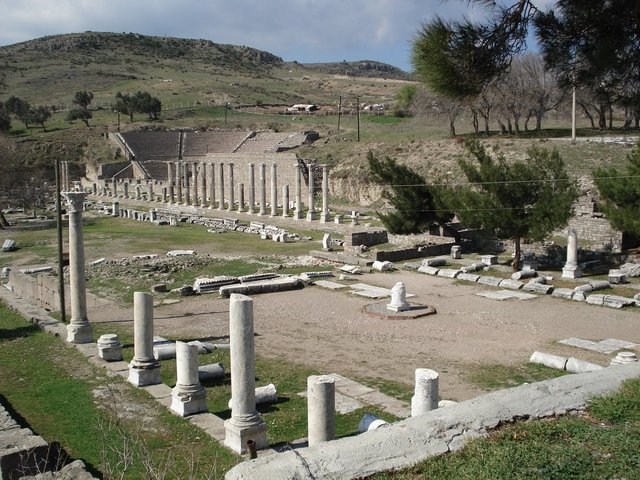
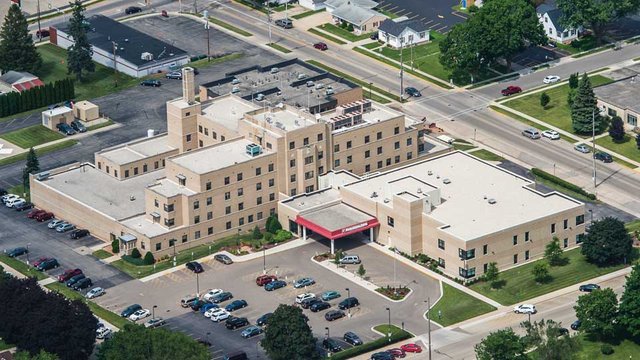
The Rod of Asclepius is a common medical symbol, it is a staff with a snake on it. The doctors themselves were known as Asclepiad, the most famous of which is probably Hippocrates. Hippocrates invented the Hippocratic oath, which Doctors still say today.
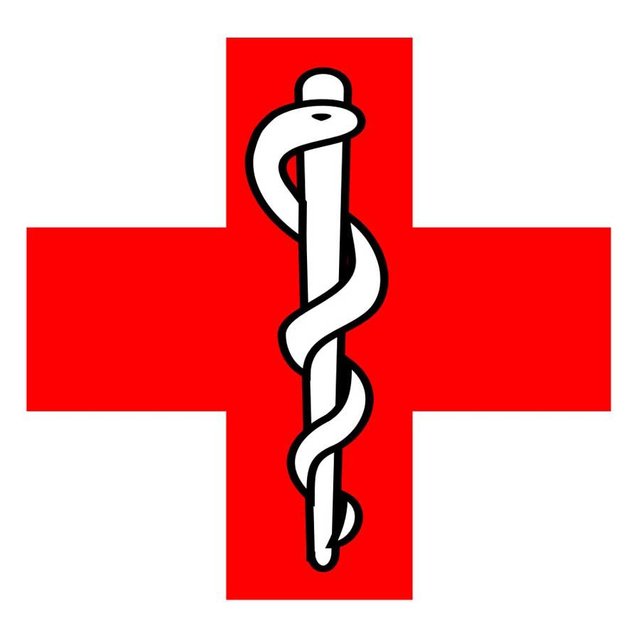
Hippocrates is still considered the Father of Western Medicine to this day, he identified a few things that are still named after him sometimes, like Hippocratic Fingers, and Hippocratic Face. He also started the classifications like: Acute, Epidemic and Chronic. He also invented the Hippocratic bench, which was a forerunner to Chiropractor tables and some Torture Devices.
I am not suggesting we go back to the Greek Medical model, I just wanted to point out that the things we take the most serious, sometimes (usually) started as people playing with snakes and interpreting dreams.
For a town to grow, there are a few main factors, first the obvious one. If the town is near an interstate it has a better chance of growing, this is the best place for hotels and gas stations to get constant business in a small town, (Truck stops, etc) it can also allow for a mall to be profitable. If you are a small town and you are not on an interstate, a Flea Market like Trade Days in Texas is a much more likely thing to maintain than a mall.
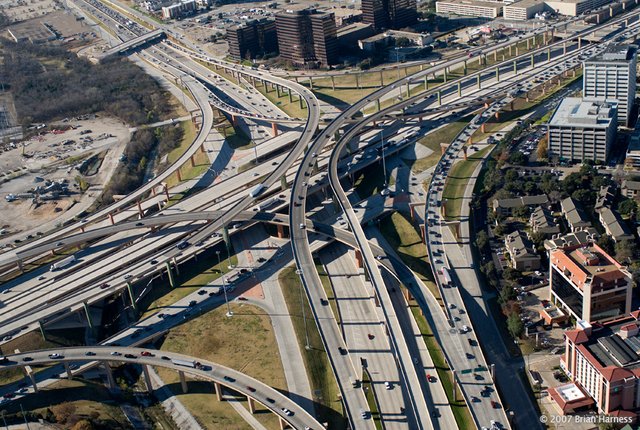
Second is Airports. being near an airport or opening a small one could completely change a town, there are some countries that are able to do amazing business deals just by flying in executives from big companies and having them put a factory or something in town, which can offer jobs, but is not the best way to build an economy that isn’t corrupt.

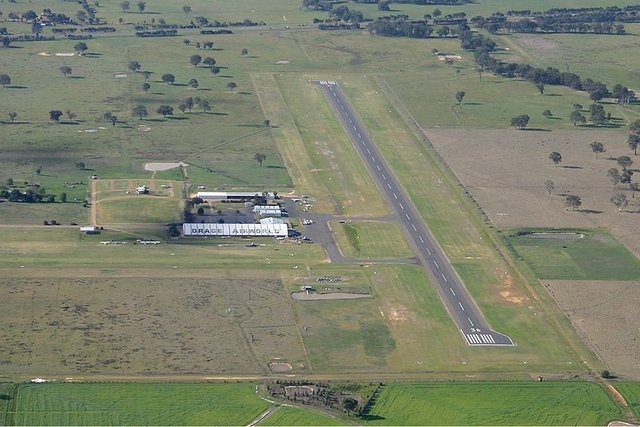
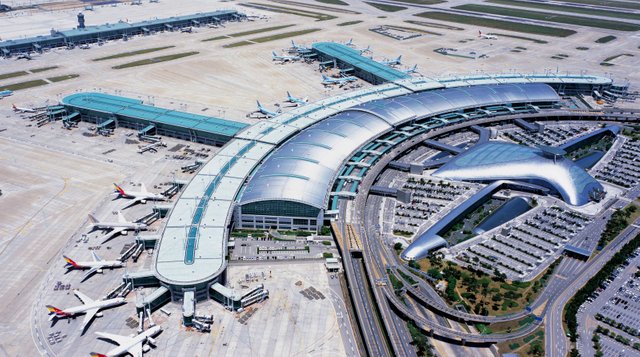
Next is railroads. Most people don’t even realize this, but railroads actually transport a LOT of stuff, and if you happen to be on a railway, you might be able to start some industry, as well as have a way for people to come in to town to move or visit.
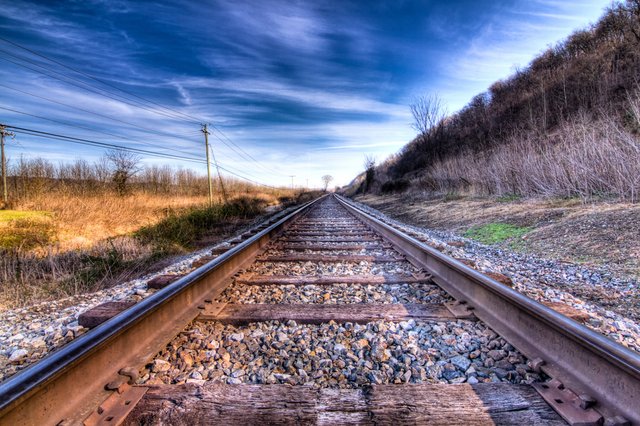
Also, Bus stations. Grey Hound and other companies like this can help people in town get places, help family visit, and I have seen towns where they have a whole cafeteria and little outlet mall things pretty much centered around a Grey Hound station and the people stopped there waiting for a bus.
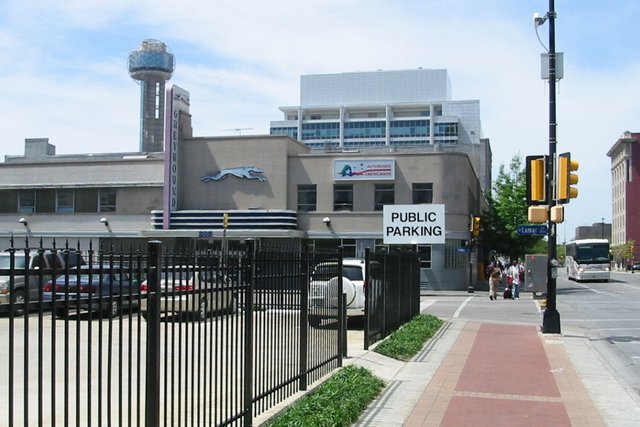
And, Rivers. They are not so much used for shipping anymore, but they are good for business. People can open fishing shops, or rafting facilities and all kinds of stuff for tourists.
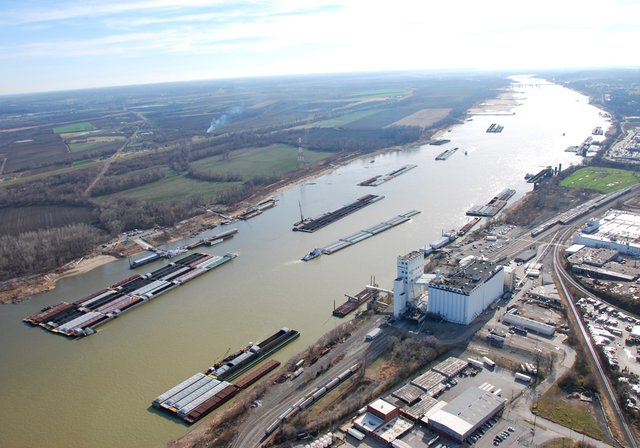
Then a town can do things like start sports teams, or open a race track, or a Renaissance fair, or build the world’s biggest something, or promote a local liquor brand, or make a place for concerts and comedians, etc etc etc.
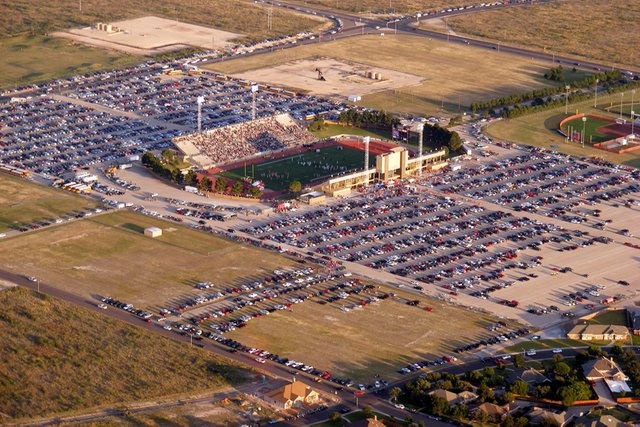
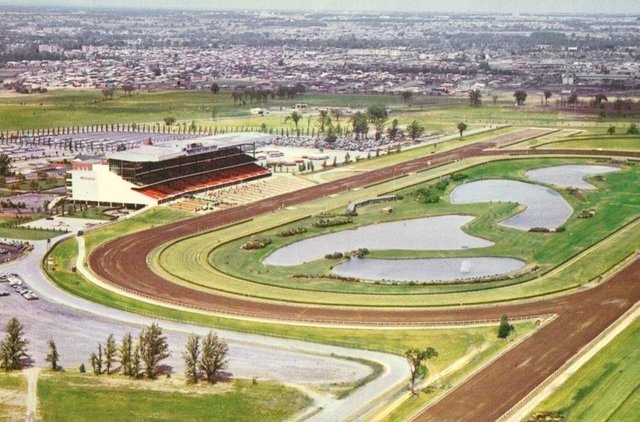
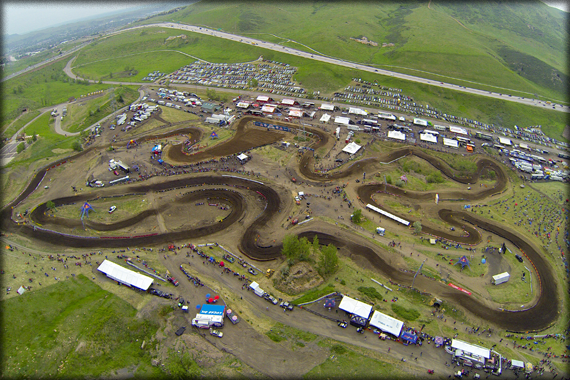
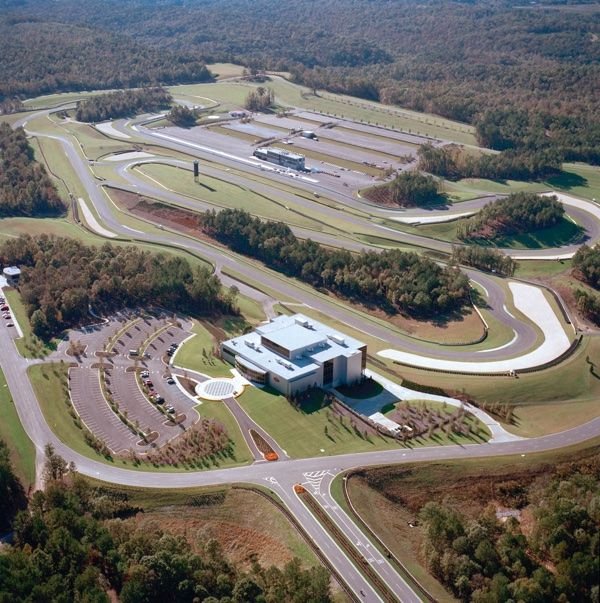
—————————————————–
I want to explain a normal Town Project, where the Town does not offer you housing, does not offer you Full Unemployment, or anything like that, and it is considered an Example Project by all other budding Towns. Mckinney Texas. That is my home town, and when I was brought there at 2 years old, we lived next to a park called Norah Haney Park, and Norah Haney was a lady who had sold all the land she inherited, to the town, so that they could have it developed and bring in subdivisions instead of farms. And in just over 20 years, it has become a good sized city, and there are hardly any empty fields left, and nothing but houses and houses everywhere, barely even retail. But they are bringing in more retail now just because there are so many people. In Mckinney, the currently Politics involves Republicans that want Apartment Complexes for the retail around them and people/money they bring, and some people don’t want them because they want to keep being able to sell their houses for high prices in the new market since the recession started ending in the past few years (not as many Foreclosed houses, so all prices went up).
That is Politics in Mckinney. Which is now an important City in Texas, as the Seat of the most Wealthy County in the State. But they didn’t start as much.
People think it is hard to get a town on the map, but all it takes is a Highway and some money
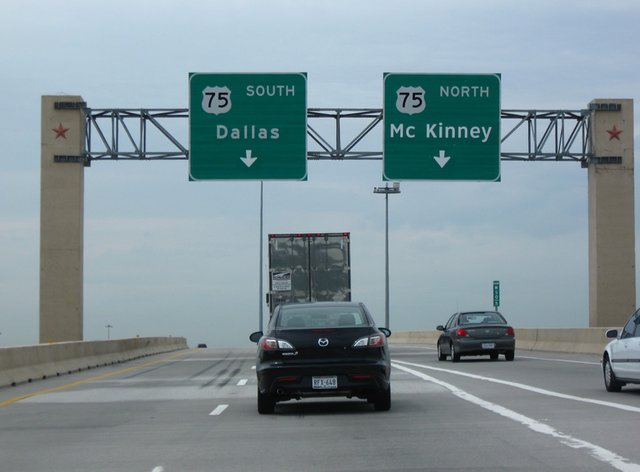
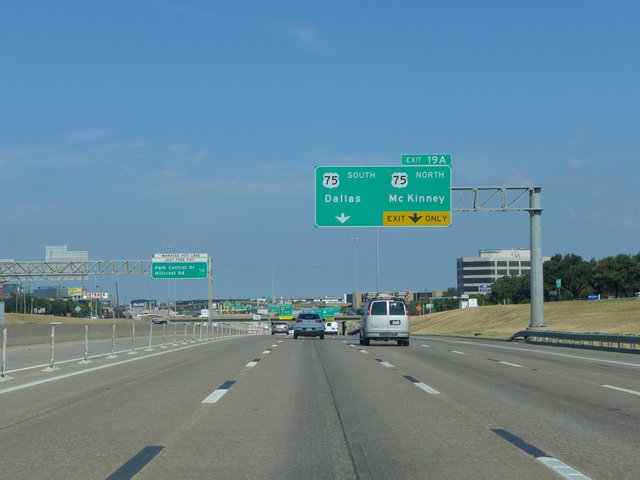
And Dallas Texas itself. There is a Graveyard in Dallas where all the Gravestones are from the 1800s, and that Graveyard has Freemason Gravestones, and Confederate Gravestones. And one of the Gravestones states that in the Grave contains the Grand Master Mason of the Republic of Texas. Another States that the Grave contains the man who opened the first Store in Dallas.
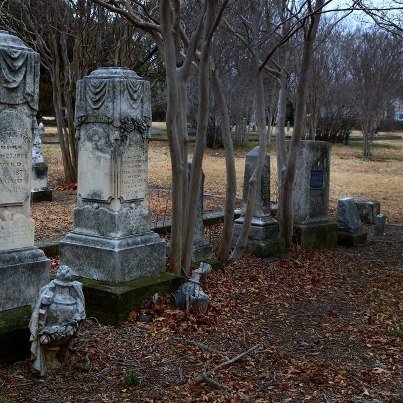
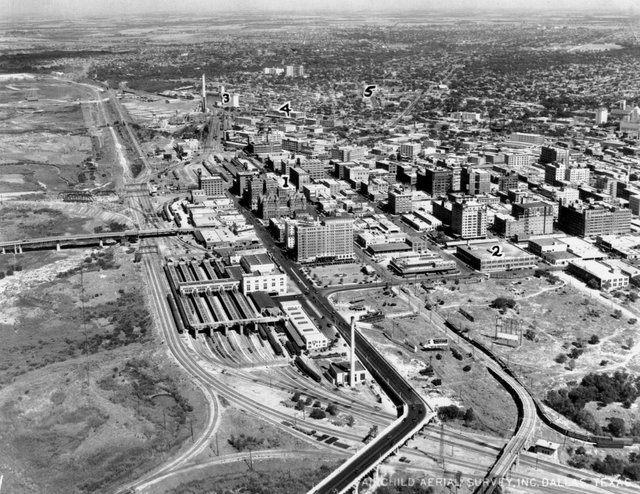

And down the Street from that Graveyard, are a Freemason Lodge and a Scottish Rite Cathedral.
Freemason Lodge in Dallas
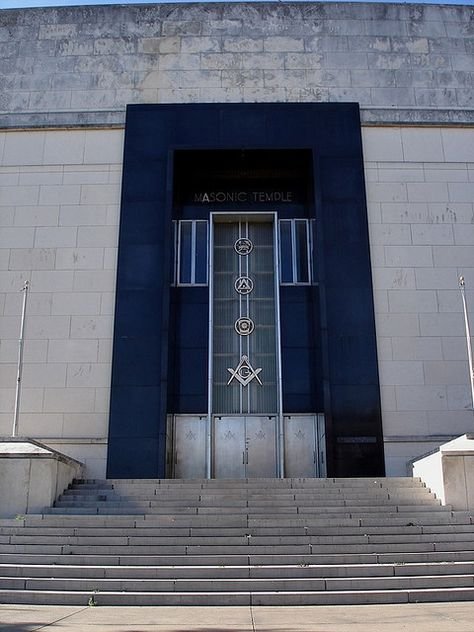
Scottish Rite Cathedral in Dallas

Texas’ Cattle Trails created tons of Towns

And we are basically starting a town the same way, just with a different kind of Temple and different people, and with Cryptocurrency
Here is Times Square
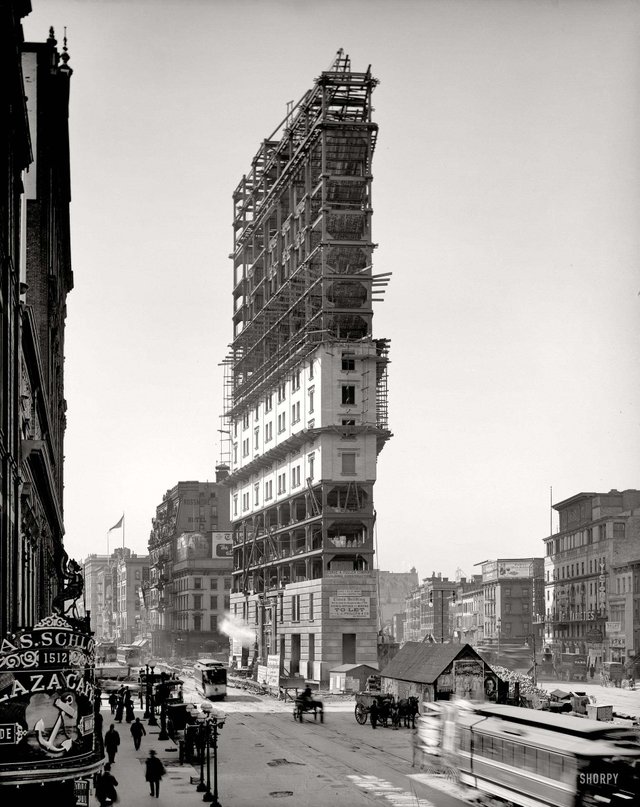
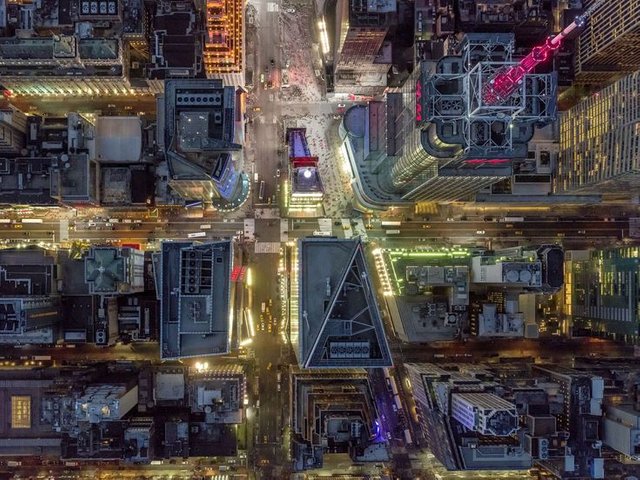
Wall Street
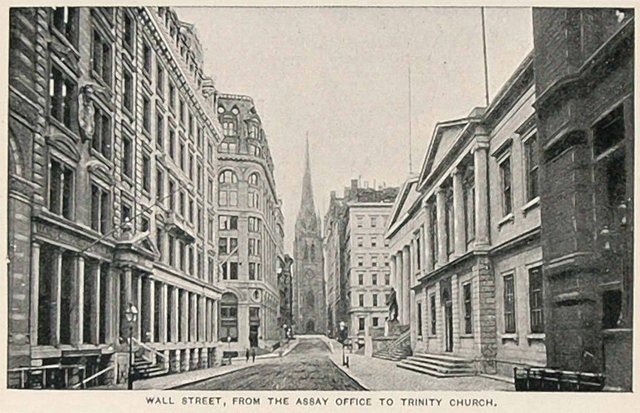
The free market will still be there. “Town work” will just be posted on bulletin boards or the internet, the whole point is just to have the town approve it so that the workers are paid by the town (if you can’t afford to hire your own people), and people in town can earn some money.
Some people won’t be moving to the land they buy, so we will have some plots that are rented out for maintenance or cash (by people that want to live in town but can’t afford a plot, or by young people who get their parents to get them a place in town or something) by the owner, and those people will most likely be looking to the bulletin boards for work all the time.
And if you wanted to hire someone yourself from around town, that wouldn’t be a problem at all. As long as you paid them with your money.
Also, we will be digging wells all over the land, so everyone cross your fingers for oil when we’re looking for water. And we have a professional dowser who can find water for us. As well as a Geologist/Engineer who could tell us if oil is possibly nearby, and appraise any minerals we find.
All you really really need to start a Town, is a Well Digging Rig. That is the main part, then the rest all just expands from there. And you could also find Minerals or Oil with a Well Digger.
http://www.ebay.com/bhp/water-well-drilling-rig
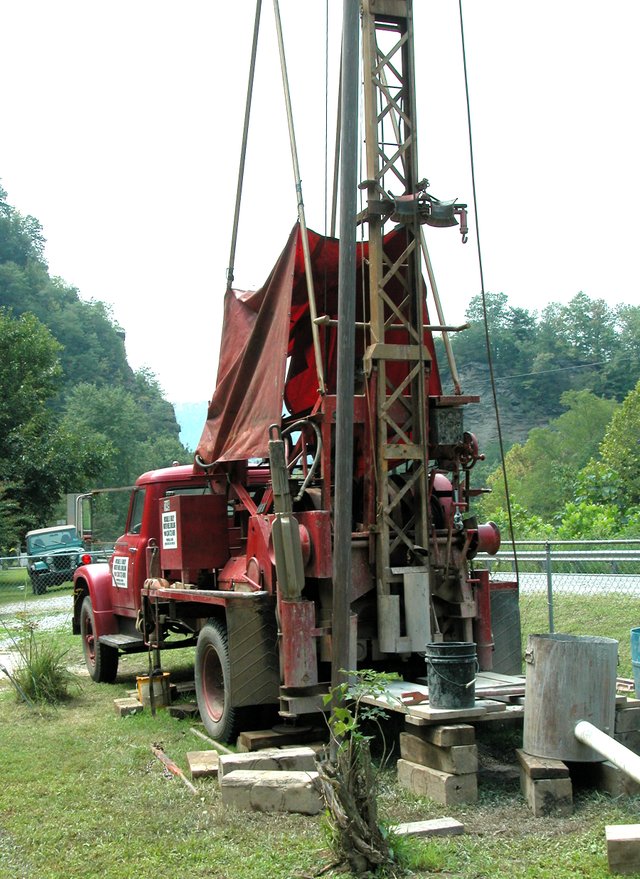
Asphalt Paving Machines
https://www.equipmenttrader.com/Construction-Equipment/Asphalt-Pavers-For-Sale/search-results?category=Asphalt+Pavers%7C2000240
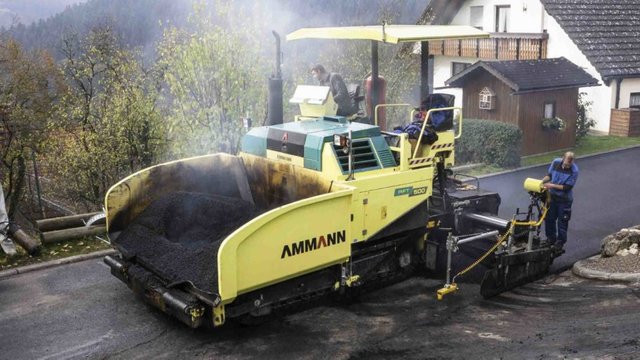
Tractors
https://www.tractorhouse.com/

Trucks
https://www.truckpaper.com/listings/trucks/for-sale/list/?pcid=2000749611&dlr=14

Excavators
http://www.ironplanet.com/Excavators

